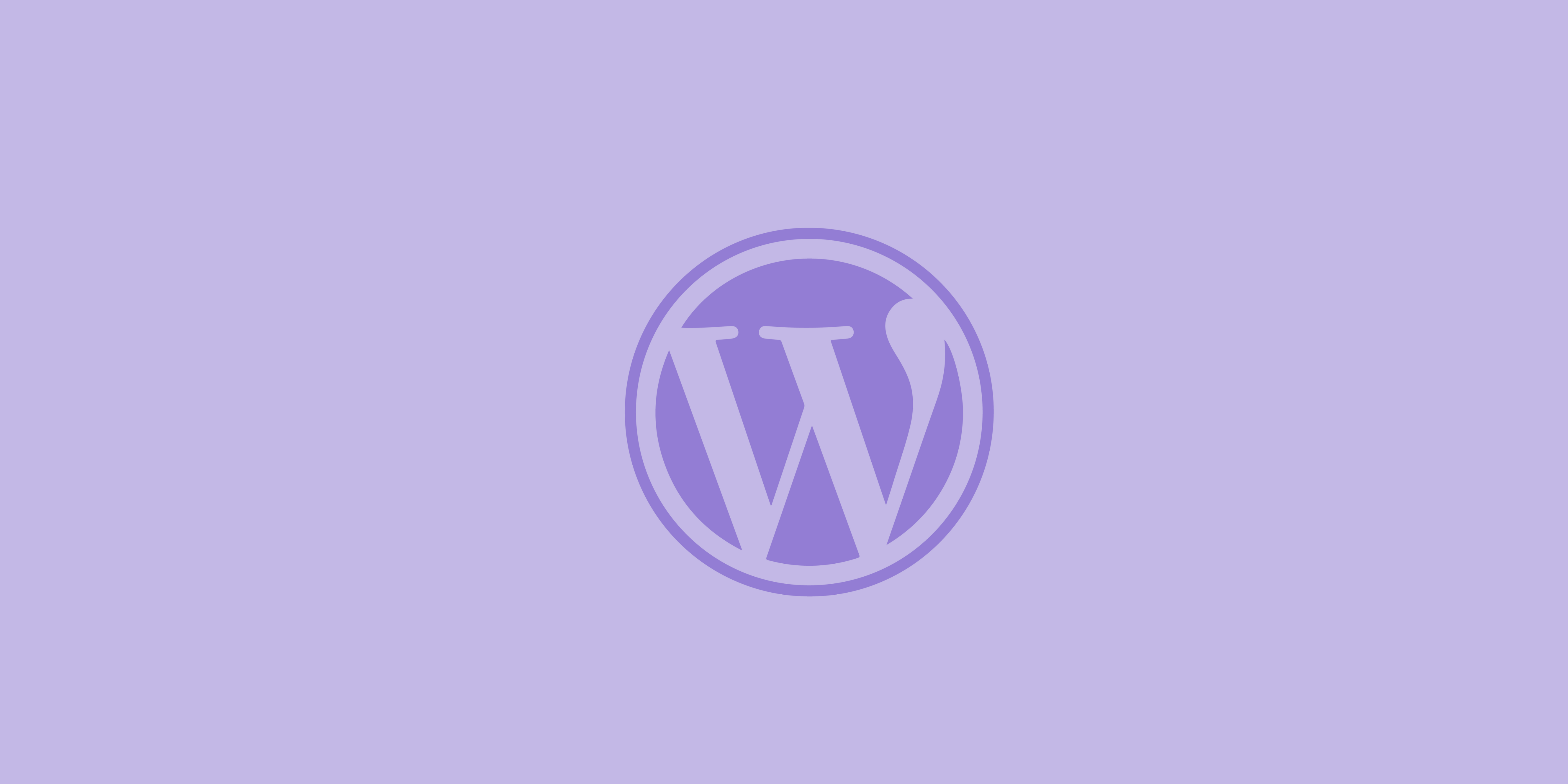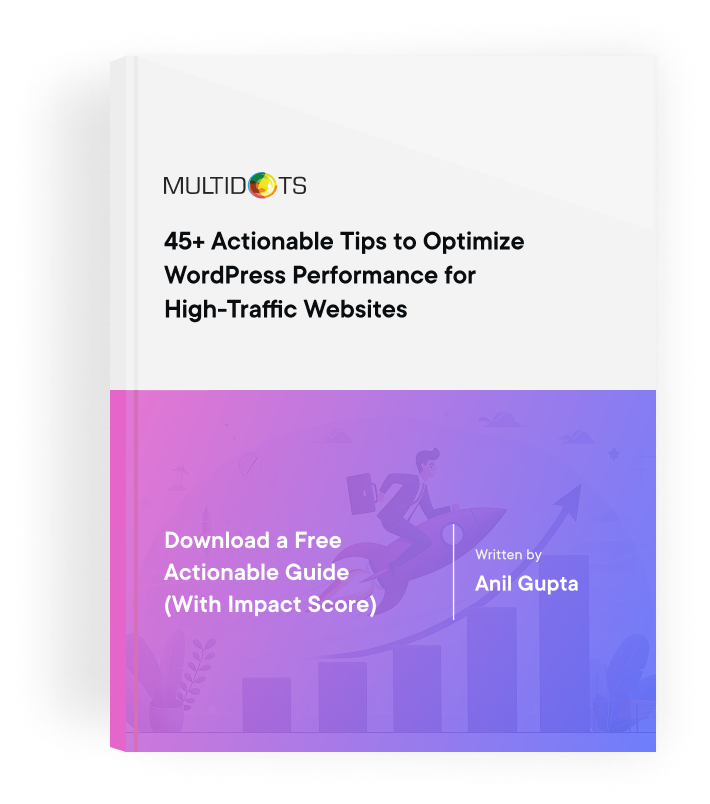Mastering Content Management: Top 6 Enterprise CMS Platforms Reviewed
Explore leading CMS platforms designed to handle high traffic, ensure security, and integrate with key systems

Table of Contents
Managing content at an enterprise level isn’t easy. Large organizations often struggle with challenges like ensuring scalability, maintaining security, integrating with other systems, and delivering content across multiple channels. These hurdles can lead to difficulties in handling large volumes of content, staying compliant with industry regulations, and keeping performance steady during high traffic.
But did you know, with the right Content Management System (CMS), these challenges can be turned into opportunities for better business operations and improved customer experiences? Let’s look into the top six enterprise CMS platforms to help you make an informed decision.
Key Features of Enterprise CMS Platforms
When you're choosing an enterprise CMS, there are several features that should be on your mind. Here’s what really matters:
Scalability: As your business grows, your CMS should be able to keep up. It’s important that the platform can handle large amounts of content and high traffic without slowing down.
Security: A good enterprise CMS offers strong security features, like encryption, regular updates, and compliance with industry standards such as GDPR.
Customization and Flexibility: Enterprise platforms often come with a range of customization options, whether through APIs, plugins, or themes, so you can mold the system to fit your unique requirements.
Integration Capabilities: Your CMS shouldn’t exist in a vacuum. It needs to work with other systems you use, like Customer Relationship Management (CRM) platforms, marketing tools, and analytics platforms.
Multilingual Support: This allows you to easily manage and deliver localized content, ensuring that your messaging resonates with audiences across the globe.
Ease of Use: Look for platforms that offer user-friendly dashboards, drag-and-drop editors, and collaboration tools that make content management simpler and more efficient for your team.
Support and Community Resources: Whether it’s dedicated customer service, detailed documentation, or an active user community, having reliable resources at your fingertips can make all the difference when you need help or want to expand your CMS’s capabilities.
Top 6 Enterprise CMS Platforms Compared
Not got time to read our full comparison? Don’t worry, here are the main points:
WordPress
- Scalability: Highly scalable, supports large traffic and content production effortlessly.
- Performance: Excellent performance with optimized hosting for enterprise needs.
- Security: Strong security features, suitable for government and enterprise use.
- Cost: Most cost-effective option as low initial costs allowing enterprises to prioritize where, and how much, they spend.
AEM
- Scalability: Very scalable, ideal for large enterprises with complex needs.
- Performance: Strong performance, though it can be resource-intensive.
- Security: Advanced security measures, but complex to manage.
- Cost: High cost, often starting at $22,000 per year.
Sitecore
- Scalability: Scalable, but may require more resources for optimal performance.
- Performance: Good performance, though complex setups can slow it down.
- Security: Good security, but it requires regular updates and monitoring.
- Cost: High cost, often requiring significant investment.
Contentful
- Scalability: Designed for scalability, handles large content libraries efficiently. However, user feedback indicates custom development may be needed to fully capitalize on this.
- Performance: High performance, especially for structured content delivery.
- Security: High security with robust access controls and compliance features.
- Cost: Costs vary but can get extremely expensive as soon as you need to upgrade resources.
HubSpot CMS
- Scalability: Scales well with user growth but can become costly.
- Performance: Solid performance with built-in tools for optimization.
- Security: Good security, integrated within HubSpot’s ecosystem.
- Cost: Starts at $900 per month for the Enterprise version.
Salesforce CMS
- Scalability: Scalable, though performance may vary based on implementation.
- Performance: Generally good performance, but it may lag with heavy customization.
- Security: Strong security features, but it may require additional configurations.
- Cost: Pricing varies and can be expensive depending on features used.
In-depth Comparison of Enterprise CMS Platforms
1. WordPress

Decorative WordPress logo
WordPress is a globally popular open-source platform, known for its flexibility, ease of use, and vast plugin ecosystem. Powering over 40% of all websites, including many Fortune 500 companies, it’s a top choice for enterprises looking to create tailored content management solutions.
What makes WordPress great is it:
- Has an intuitive interface, making content creation and management simple for both beginners and experienced users.
- Is a leading CMS platform supported by a vast community of developers and users ready to help.
- Has nearly 60,000 plugins, so you can easily customize it to meet your specific needs, whether for eCommerce, analytics, or SEO.
- Has thousands of themes to choose from, or gives you the flexibility to create your own to match your brand’s look and feel.
- Scales effectively with business growth. For example, Sneaker News managed over 80,000 pieces of content and 7.5 million monthly visits, thanks to a WordPress setup optimized by Multidots.
- Offers strong security features, including compliance with GDPR and ISO standards, regular updates, and secure hosting options.
These features make WordPress a reliable, scalable, and secure enterprise choice. WordPress is also an open-source platform, significantly reducing initial setup costs compared to proprietary CMS solutions. Enterprises only need to budget for hosting, premium plugins, themes, and maintenance, which can be far more affordable than other options. Its open-source nature gives businesses full control over customization, making it flexible enough for enterprise-level solutions.
Trust us when we say this is our favorite CMS by far!
2. Contentful

Decorative Contentful logo
Contentful is a headless CMS specifically designed for creating and managing digital content across multiple platforms. Its flexible architecture makes it a popular choice for businesses looking to deliver content across web, mobile, and other digital channels. Its main features include:
- Being built with an API-first approach, making it easy for developers to integrate with various front-end frameworks and applications, providing a highly customizable content delivery experience.
- It allows users to create complex content models, supporting diverse content types and relationships, which makes managing large-scale, structured content efficient and flexible.
- Contentful enables teams to collaborate in real-time, allowing multiple users to work on content simultaneously, ensuring that updates are quick and coordination is smooth.
Contentful is a proprietary, headless CMS. While it offers scalability and performance, the lack of open-source flexibility means higher costs, especially as businesses grow and need more features or custom development.
3. Adobe Experience Manager

Decorative AEM logo
Adobe Experience Manager (AEM) is a CMS that integrates with Adobe’s marketing cloud, offering businesses a unified digital experience across various channels. AEM offers:
- Integration with Adobe Creative Cloud which allows for streamlined and efficient content creation and management, making it a powerful tool for creative teams.
- Digital Asset Management (DAM) functionalities enable organizations to manage vast digital asset libraries effectively, ensuring that content is well-organized and easily accessible.
- Support for managing multiple sites, each tailored for different regions and languages, which is essential for global enterprises looking to provide localized content.
AEM is also proprietary, with costs that reflect its extensive features and integration with Adobe’s suite of tools. The lack of open-source flexibility makes it one of the more expensive options.
4. Sitecore

Decorative Sitecore logo
Sitecore is a leading CMS known for its strong focus on personalization and customer experience management, making it a good choice for businesses aiming to deliver targeted, personalized content. It offers:
- Headless content management, which separates content management from presentation, giving developers flexibility in how content is delivered across different platforms.
- Experience Analytics that provides real-time insights, allowing marketers to optimize content and marketing strategies based on data, improving customer engagement and ROI.
- The support of various deployment methods, including containerization and Infrastructure-as-Code (IaC), giving businesses the flexibility to deploy and manage their CMS environment according to their specific needs.
Like AEM, Sitecore is proprietary and has a high price tag. Its advanced personalization and content delivery features come with significant licensing fees. Though costly, it provides powerful enterprise-grade features out of the box, saving time on custom development but increasing long-term financial commitment. For businesses focused on personalized experiences, Sitecore’s strong integrations and customer engagement tools can make the investment worthwhile.
5. HubSpot CMS

Decorative HubSpot logo
HubSpot CMS is another strong CMS designed to help businesses grow their web presence by integrating content management with marketing automation. HubSpot CMS also has other features including:
- Built-in marketing tools that allow integration between content management and marketing efforts (e.g., HubSpot CRM), helping businesses streamline their digital marketing strategies.
- Advanced personalization, allowing businesses to tailor content to specific user segments based on behavior, demographics, and other data-driven insights.
HubSpot CMS is another proprietary platform integrated with the broader HubSpot ecosystem. While it offers scalability and built-in marketing tools, it’s not open source, meaning you’re locked into HubSpot’s pricing structure as your needs grow.
6. Salesforce CMS

Decorative Salesforce CMS logo
Salesforce CMS is designed to work within the broader Salesforce ecosystem, making it an excellent choice for businesses already using Salesforce CRM and marketing automation tools. On top of this, it offers:
- Omnichannel content delivery, ensuring that your messaging is consistent across various platforms and devices, providing a cohesive customer experience.
- A library of customizable templates and components, enabling users to create visually appealing and consistent content without needing extensive coding knowledge, which accelerates content production and deployment.
Salesforce CMS is proprietary and designed to integrate with Salesforce’s CRM and other products. It can be an expensive option, but for businesses already using Salesforce, it provides a consistent and scalable solution across platforms.
Choosing the Right Enterprise CMS: Your Roadmap to Success
Choosing the right enterprise CMS is important for long-term success, as it directly impacts your organization’s ability to manage content effectively, maintain security, and scale operations.
Among the leading choices, WordPress comes out on top. Its scalability, outstanding security features, integration capabilities, user-friendly interface, extensive customization options, and strong support community make it a powerful and cost-effective choice for enterprises.
To learn more about how WordPress can meet your needs, get in touch with Multidots today and explore our expert services.
Schedule a consultation call and discuss your migration requirements.
Contact Us